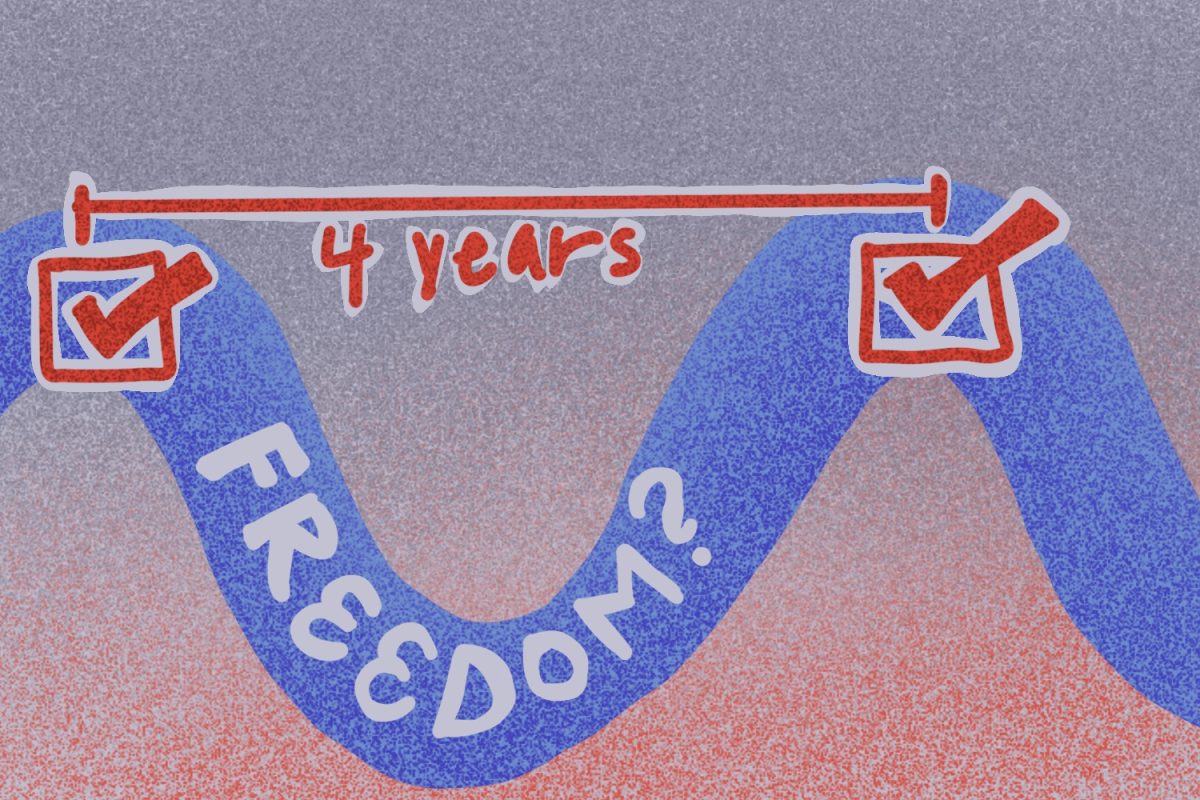Boston University has begun piloting a program called GreenCampusPoints, designed reduce the carbon footprint in the Boston area
The points-reward system gives students incentive to buy products from companies who help reduce carbon space.
“Our view is that we’re really not going to achieve our ultimate goals without some form of culture change,” said Metropolitan College lecturer Robert MacArthur, the founder of GreenCampusPoints. “The best way to do it is some form of incentive, and right now there are no incentives.”
Massachusetts is one of 11 states in the northeast that require companies to limit the amount of carbon they can produce, MacArthur said. Companies that produce carbon well under the limit have the option to sell their leftover carbon credits at auction to other companies who need additional carbon credits, often for hundreds of thousands of dollars.
MacArthur said GreenCampusPoints bought carbon credits and removed them from the market by assigning each pound of carbon not released into the environment to coupons. These coupons are sold to various businesses and manufacturers.
Those companies then assign points to their products. The consumer can accumulate the points and either redeem them for discounts on future purchases or donate the points in cash value to one of several environmental nonprofit groups.
Consumers usually go “green” by buying eco-friendly products, MacArthur said. He called GreenCampusPoints the reverse engineering of the process.
“We want you to pay for actions that result in removing carbon emissions,” he said.
Students can shop at local companies offering points for purchases. The GreenCampusPoints website states the customer receives a point, which adds up to one cent, for each dollar spent.
“What we’re really looking to do is have the whole BU student body champion the fact that we’d be removing carbon from the atmosphere,” MacArthur said. “That’s going to be good for the merchants that buy coupons from us . . . and students who are overwhelmingly concerned about global warming and want to do something about mitigating it.”
MacArthur said the company was too advanced for the market when it launched in 2006, but that no longer seems to be the case.
“People are finally buying into the science that mankind is contributing to global warming,” he said.
The atmosphere can only tolerate up to 350 parts per million of carbon dioxide, according to 350.org. The planet currently has about 392 parts per million of carbon dioxide and continues to accumulate an additional two parts per million each year.
L.C. Staten, a College of Communication senior, said GreenCampusPoints is beneficial both for the environment and students themselves.
“You’re doing something great for the community,” Staten, a GreenCampusPoints account assistant through AdLab during fall 2011, said. “[It’s] a feel-good kind of company.”
Olli Pamplin, a College of Arts and Sciences junior, said she would be willing to participate because of how simple it is to help out and that she would even donate the rewards instead of using them.
“I would be interested just because we’re always looking for ways to help out, and it seems like a really easy way,” Pamplin said. “You’re not going out of your way to do something.”
However, CAS senior Mike Bruffee said his participation would depend on which merchants are offering GreenCampusPoints.
“It would depend on what products were being offered,” Bruffe said.”If Apple were giving me the discount, I might.”
MacArthur declined to comment on the list of businesses that will be participating in the initiative, but confirmed that they are possibly on or near campus.


















































































































